Ban Jelačić Square
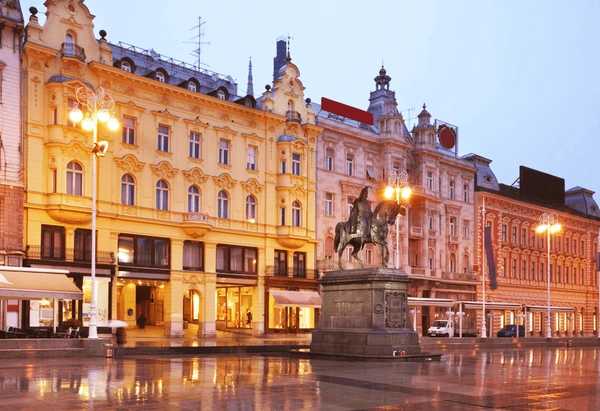
Ban Jelačić Square is the vibrant heart of Zagreb, serving as the city’s central gathering place and a symbol of its historical and cultural identity. Established in 1641 as a marketplace known as Harmica, the square was renamed in 1848 after Ban Josip Jelačić, a national hero whose equestrian statue now dominates the space. Located at the crossroads of the Lower Town’s main streets, it connects the city’s commercial, political, and social life. The square’s architecture reflects a blend of styles—from Biedermeier and Art Nouveau to modernist facades—mirroring Zagreb’s evolving urban character. Once a bustling market and later a tram hub, it became a pedestrian zone in 1975, enhancing its role as a lively public space. Today, Ban Jelačić Square hosts festivals, protests, concerts, and daily meetups, making it a dynamic stage for civic life. With its central location, historical resonance, and ever-present energy, the square remains an essential stop for anyone exploring the soul of Croatia’s capital.
Zagreb CroatiaBan Jelačić Square is located in the very heart of Zagreb, at the intersection of the city’s Lower and Upper Towns, directly below the historic hilltop settlements of Gradec and Kaptol. This large, pedestrianized square is the city’s main urban hub, easily recognized by the equestrian statue of Ban Josip Jelačić at its center. The square is surrounded by historic buildings, vibrant cafes, and shops, and serves as a key transport hub with multiple tram lines converging here, making it accessible from all parts of the city. Nearby, you’ll find Zagreb Cathedral just to the northeast, Dolac Market to the north, and Zrinjevac Park to the south. The Croatian National Theatre, the Archaeological Museum, and the lively Tkalčićeva Street, known for its restaurants and nightlife, are all within a short walk. Ban Jelačić Square is also the starting point for exploring both the historic Upper Town and the more modern Lower Town, making it the perfect base for discovering Zagreb’s cultural, historical, and social attractions.
 Museum of Broken Relationships
Zagreb
Museum of Broken Relationships
Zagreb
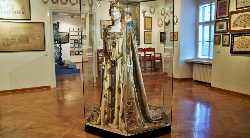 Zagreb City Museum
Zagreb
Zagreb City Museum
Zagreb
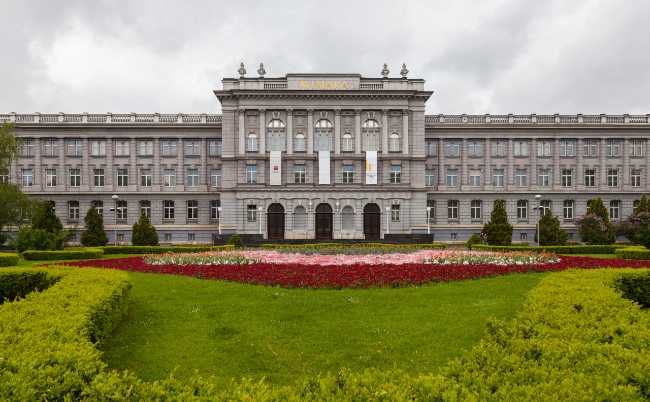 Mimara Museum
Zagreb
Mimara Museum
Zagreb
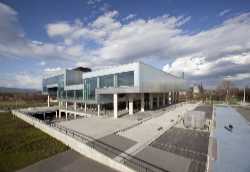 Museum of Contemporary Art
Zagreb
Museum of Contemporary Art
Zagreb
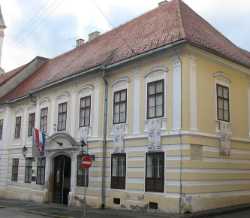 Croatian Museum of Naïve Art
Zagreb
Croatian Museum of Naïve Art
Zagreb
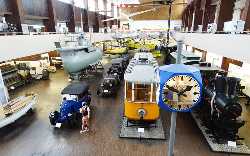 Technical Museum Nikola Tesla
Zagreb
Technical Museum Nikola Tesla
Zagreb
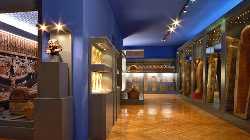 Archaeological Museum in Zagreb
Zagreb
Archaeological Museum in Zagreb
Zagreb
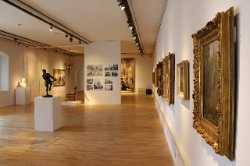 Klovićevi Dvori Gallery
Zagreb
Klovićevi Dvori Gallery
Zagreb
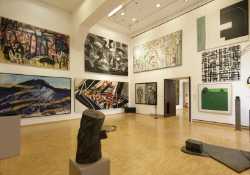 National Museum of Modern Art
Zagreb
National Museum of Modern Art
Zagreb
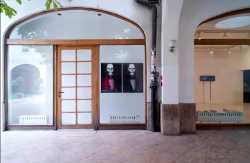 Galerija Nova
Zagreb
Galerija Nova
Zagreb
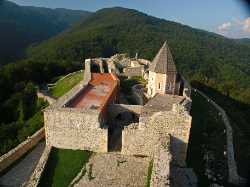 Medvedgrad Fortress
Zagreb
Medvedgrad Fortress
Zagreb
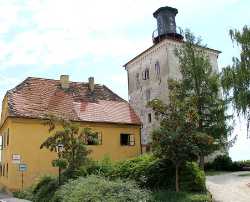 Lotrščak Tower
Zagreb
Lotrščak Tower
Zagreb
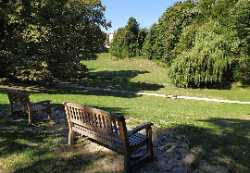 Maksimir Park
Zagreb
Maksimir Park
Zagreb
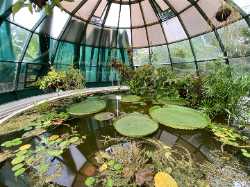 Botanical Garden of the Faculty of Science
Zagreb
Botanical Garden of the Faculty of Science
Zagreb
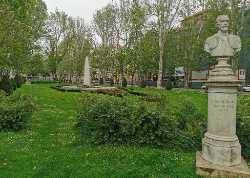 Zrinjevac Park
Zagreb
Zrinjevac Park
Zagreb
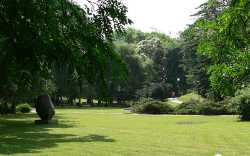 Ribnjak Park
Zagreb
Ribnjak Park
Zagreb
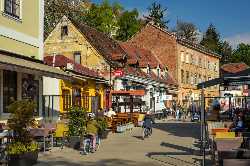 Tkalčićeva Street
Zagreb
Tkalčićeva Street
Zagreb
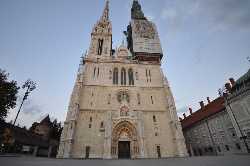 Zagreb Cathedral
Zagreb
Zagreb Cathedral
Zagreb
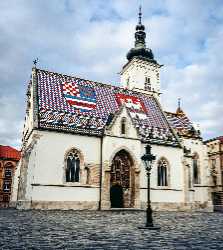 St. Mark’s Church
Zagreb
St. Mark’s Church
Zagreb
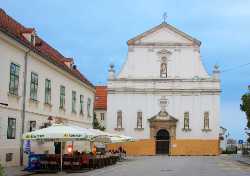 St. Catherine’s Church
Zagreb
St. Catherine’s Church
Zagreb
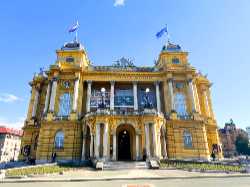 Croatian National Theatre
Zagreb
Croatian National Theatre
Zagreb
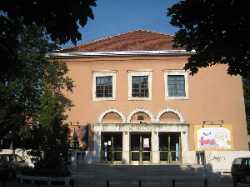 Komedija Theatre
Zagreb
Komedija Theatre
Zagreb
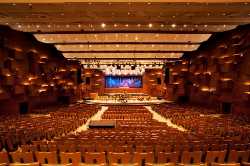 Lisinski Concert Hall
Zagreb
Lisinski Concert Hall
Zagreb
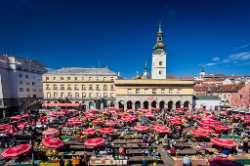 Dolac Market
Zagreb
Dolac Market
Zagreb
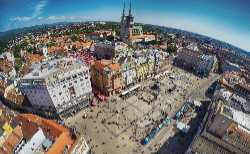 Zagreb 360°
Zagreb
Zagreb 360°
Zagreb
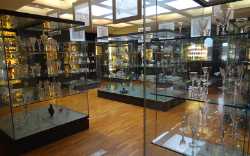 Museum of Arts and Crafts
Zagreb
Museum of Arts and Crafts
Zagreb
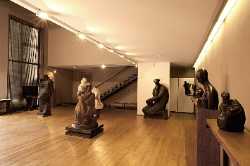 Meštrović Atelier
Zagreb
Meštrović Atelier
Zagreb
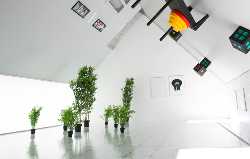 Museum of Illusions Zagreb
Zagreb
Museum of Illusions Zagreb
Zagreb
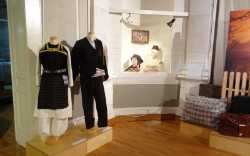 Ethnographic Museum Zagreb
Zagreb
Ethnographic Museum Zagreb
Zagreb
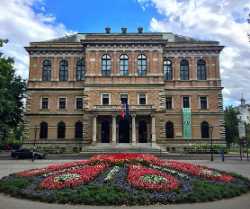 Strossmayer Gallery of Old Masters
Zagreb
Strossmayer Gallery of Old Masters
Zagreb
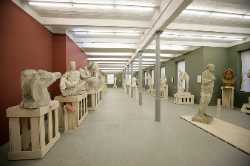 Gliptoteka HAZU
Zagreb
Gliptoteka HAZU
Zagreb
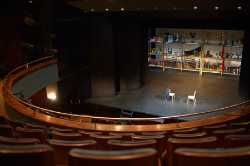 Gavella Drama Theatre
Zagreb
Gavella Drama Theatre
Zagreb
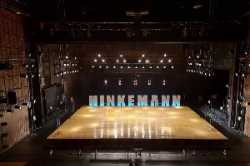 Zagreb Youth Theatre
Zagreb
Zagreb Youth Theatre
Zagreb
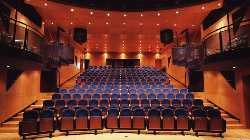 Zagreb Puppet Theatre
Zagreb
Zagreb Puppet Theatre
Zagreb
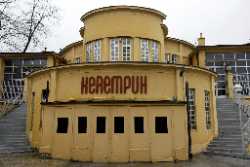 Satirical Theatre Kerempuh
Zagreb
Satirical Theatre Kerempuh
Zagreb
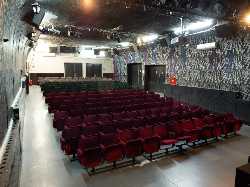 Teatar &TD
Zagreb
Teatar &TD
Zagreb
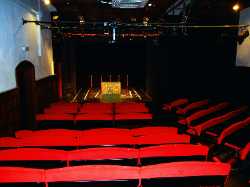 Mala Scena Theatre
Zagreb
Mala Scena Theatre
Zagreb
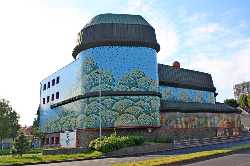 City Theatre Trešnja
Zagreb
City Theatre Trešnja
Zagreb
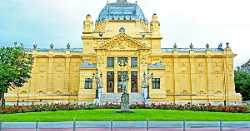 Art Pavilion
Zagreb
Art Pavilion
Zagreb
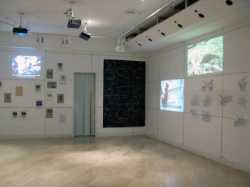 Galerija Miroslav Kraljević
Zagreb
Galerija Miroslav Kraljević
Zagreb
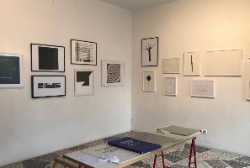 Galerija Greta
Zagreb
Galerija Greta
Zagreb
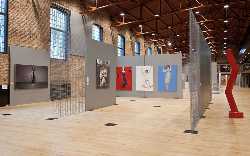 Lauba
Zagreb
Lauba
Zagreb
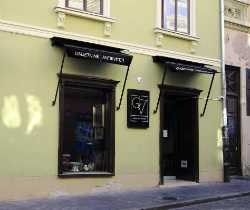 Vugrinec Gallery
Zagreb
Vugrinec Gallery
Zagreb